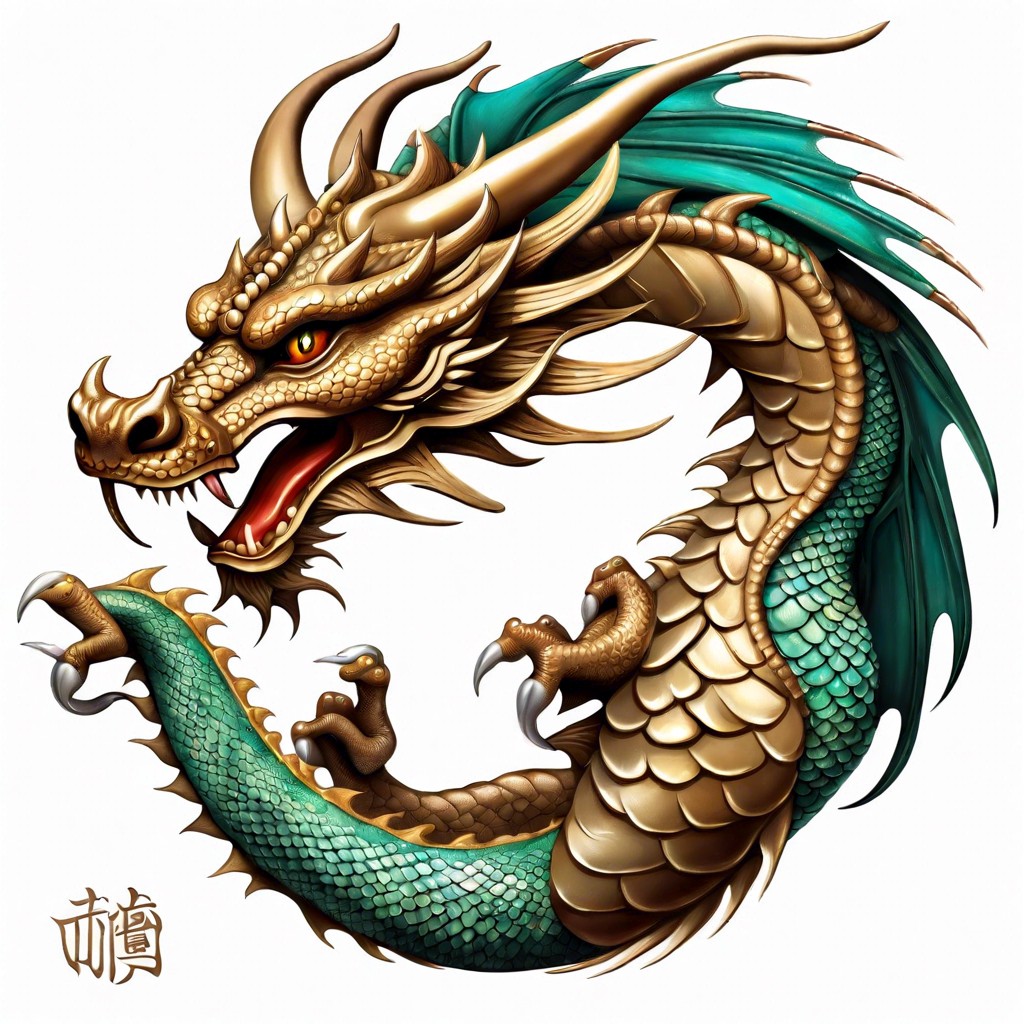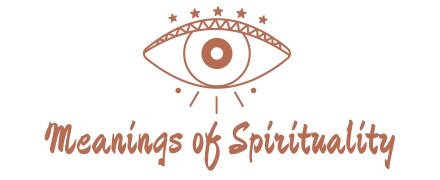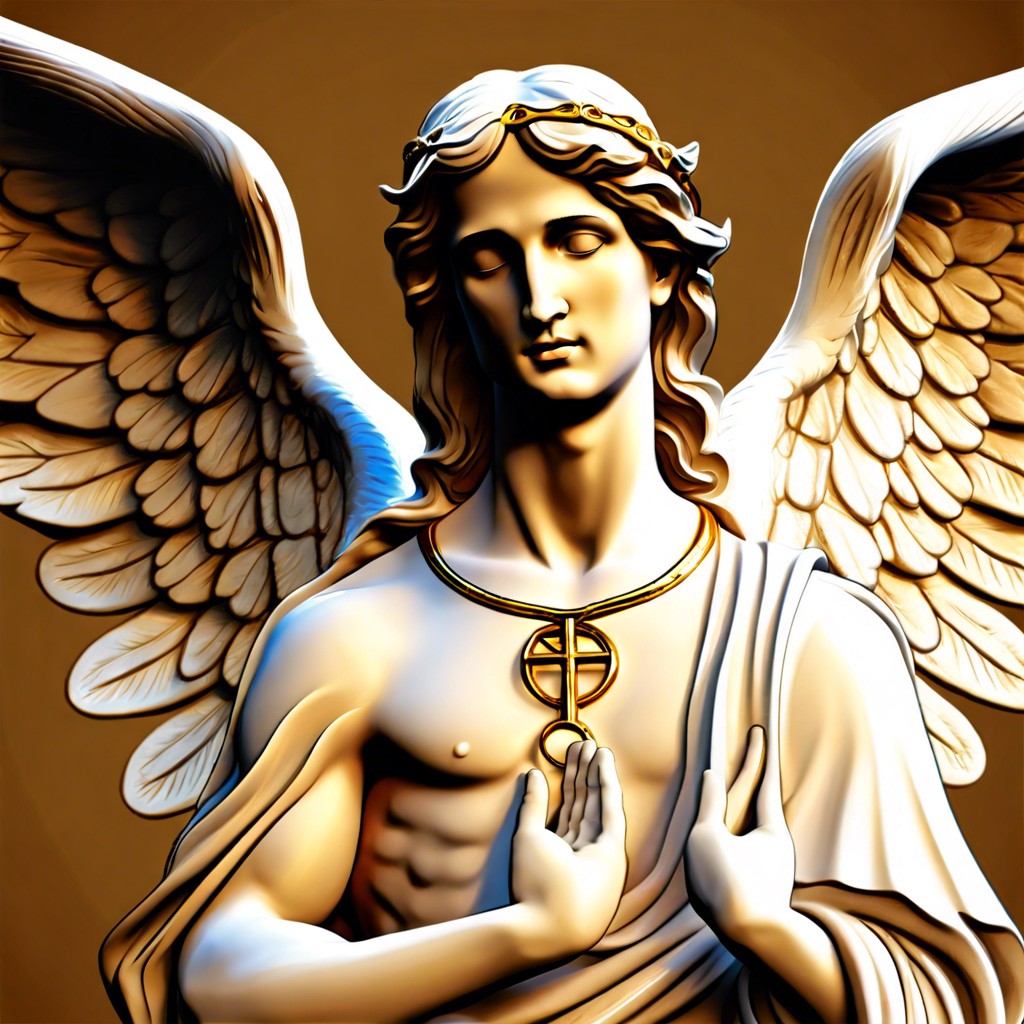Discover the rich spiritual meanings of dragons and their significance across various cultures.
Dragons captivate the imagination with their majestic presence and multifaceted symbolism. Whether representing power, wisdom, transformation, or protection, these mythical creatures hold a profound significance in spiritual traditions worldwide. Dive in to uncover the depths of the dragon’s spiritual meaning across different cultures; this journey promises to enlighten and inspire.
Key takeaways:
- Dragons symbolize power, luck, protection in various cultures.
- They embody strength, challenge, triumph over adversity worldwide.
- Wise water deities in Japanese culture, guardians in Hindu mythology.
- Dragons represent immense power, protect vast territories in myths.
- Revered as symbols of wisdom, guide with sage advice.
Symbolism Across Different Cultures

In Chinese culture, dragons symbolize power, strength, and good luck. They are protectors and often associated with emperors, embodying sovereignty and authority. The dragon is a vital part of Chinese mythology and folklore.
In Western traditions, dragons are often depicted as fierce, fire-breathing creatures that embody chaos and danger. However, they also represent the ultimate challenge and reward for heroes, symbolizing the triumph over adversity.
In Japanese culture, dragons are water deities, associated with rainfall and bodies of water. They embody balance and are considered benevolent beings.
In Hindu mythology, dragons, or “nāgas,” are seen as powerful serpents with positive attributes, guarding treasures and sacred places. They symbolize fertility and prosperity.
Each culture assigns unique qualities to dragons, revealing a rich tapestry of meanings and beliefs that span the globe.
Representation of Power and Strength
Dragons are often viewed as symbols of immense power and strength. In many myths, they are depicted as formidable creatures, embodying physical might and dominating the natural world.
They are seen as protectors or rulers, reigning over vast territories and treasures. This association emphasizes not only their physical prowess but also their capacity for dominance and control.
Dragon imagery is used to inspire courage and determination. By invoking the strength of a dragon, individuals aim to channel its resilient energy and overcome obstacles.
Many cultures associate dragons with natural forces such as storms or fire. This further cements their role as embodiments of raw, untamed power, both destructive and vital.
Connection to Wisdom and Intelligence
In many cultures, dragons are revered as symbols of great wisdom and intelligence. Different traditions highlight their ability to offer deep insights and foresight.
Dragons in Chinese mythology often serve as advisors to emperors, representing their role in guiding with sage advice. Ancient texts attribute the dragon with an all-seeing perspective, making them keepers of profound knowledge.
In Western traditions, dragons are sometimes depicted as guardians of hidden treasures, including ancient wisdom and secrets. Their wisdom often reflects the idea that true intelligence comes with responsibility and guardianship.
Connecting with the dragon spirit can inspire individuals to seek wisdom through introspection and learning. It suggests that wisdom isn’t just about intelligence, but also understanding the deeper truths of life. Emulating this aspect of the dragon encourages a balanced approach to acquiring knowledge, aligning intellect with ethical responsibility.
Associations With Transformation and Personal Growth
Dragons are often seen as symbols of transformation. They represent the shedding of old skin, suggesting a significant change or rebirth. This powerful imagery can inspire personal growth.
Dragons are also linked to the journey of self-discovery. Their mythical nature encourages exploration of one’s inner depths. Embracing these qualities can lead to profound self-understanding.
The process of taming or riding a dragon in myths signifies mastering inner fears. This metaphor highlights the importance of conquering personal challenges to achieve growth.
In many traditions, dragons guard treasure, implying wisdom and knowledge are rewards for those who endure transformative trials. These stories motivate seeking growth through perseverance and courage.
Spiritual Guardianship and Protection
In many cultures, dragons are seen as protectors. These mythical creatures often guard treasures, sacred sites, or important knowledge. They stand as sentinels, warding off evil and guarding what is precious.
Dragons are frequently depicted as powerful beings that keep negative energies at bay. In legends, they often protect the innocent and uphold justice.
Channeling dragon energy in spiritual practices can foster a sense of safety. People meditate on dragons to call upon a guardian spirit, seeking wisdom and protection in their lives.
Invoking a dragon’s presence during rituals can create a shield, believed to protect against harm and provide a barrier against intrusive forces.
A dragon’s fierce nature symbolizes the strength required to defend oneself and loved ones. Emulating this quality can inspire courage and determination.





